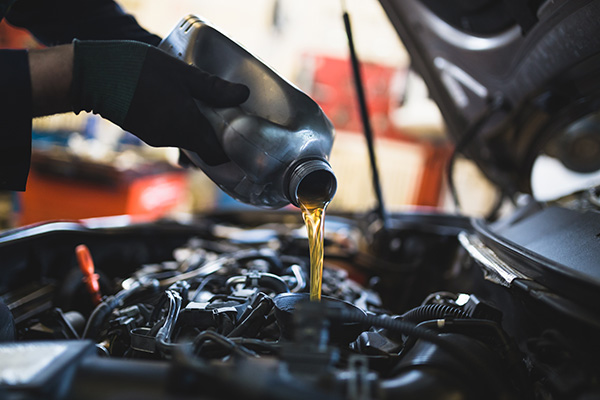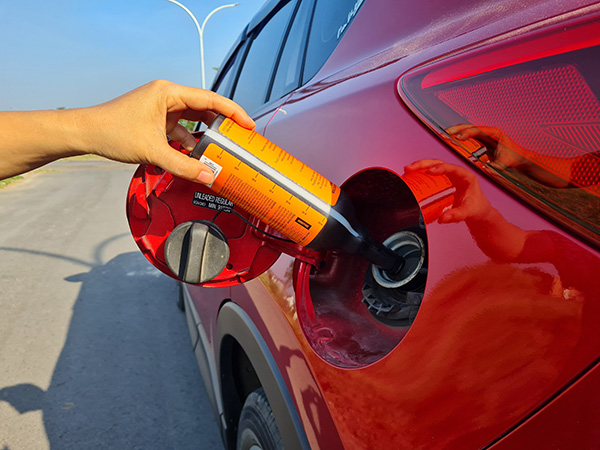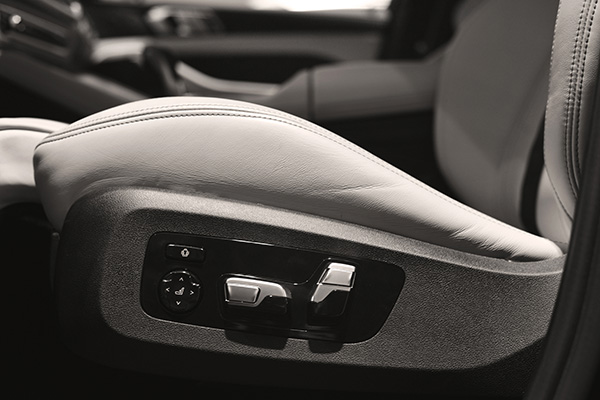Posted on 12/19/2025

If you have driven your vehicle for many years, you may notice the oil level drops between services more than it used to. There might not be any obvious leaks on the ground, and the engine can still run smoothly, yet you find yourself adding a quart here and there. That extra oil use is common as engines age, but it is still worth understanding and watching. Knowing why it happens helps you decide what is normal for a high-mileage engine and when it is time to have things checked. Why Oil Consumption Shows Up as Engines Age Inside an engine, oil has a tough job. It has to lubricate moving parts, carry away heat, and deal with small amounts of fuel and combustion byproducts. Over tens of thousands of miles, metal surfaces wear slightly and seals harden. Clearances open up just enough to let more oil slip past rings and valve seals than when the engine was new. At ... read more
Posted on 11/28/2025

Cold mornings tempt everyone to start the car and let it sit for a while. The cabin gets warm, the windows clear, and it feels like you are being kind to the engine. In reality, long idling does not help much and can create new problems. A smarter warm-up gets oil moving quickly, clears the glass, and brings the drivetrain up to temperature without wasting fuel or stressing parts. What Actually Happens Inside a Cold Engine When the engine is cold, the oil is thicker and sits in the oil pan. The first seconds after startup matter most because bearings, cam lobes, and timing parts need a steady film of oil right away. Modern oils flow faster than they used to, but they still need a brief moment to circulate. That is why the best warm up is short. Give the engine a few seconds to stabilize, then drive gently so the oil pump can build pressure at light load and distribute heat throughout the engine. Why Long Idling Is Not Your Friend Idling for ten min ... read more
Posted on 10/31/2025

Walk into any auto parts store, and you’ll see shelves full of fuel additives claiming to clean your engine, improve gas mileage, boost performance, and even fix knocking noises. With so many products making bold promises, it’s natural to wonder which ones are worth your money. The truth is, fuel additives can be helpful in certain situations, but they’re not magic. Knowing when and why to use them is key. What Are the Fuel Additives For Anyway Fuel additives are chemicals that get mixed into your gasoline or diesel fuel. They’re designed to clean or enhance different parts of your fuel system. Some common types include: Fuel injector cleaners Octane boosters Water removers Fuel stabilizers Detergents for carbon buildup Many of these additives are already present in small amounts in the fuel you buy. Gasoline from reputable stations is formulated with a base level of detergents and stabilizers. However, extra additives may be useful under ... read more
Posted on 9/26/2025

Power seats are a convenient feature in modern vehicles, allowing you to adjust your position effortlessly with the push of a button. But when they suddenly stop working, it can be frustrating and uncomfortable, especially if you're stuck in an awkward position while driving. While a dead motor might seem like the obvious culprit, several other components work together to make your seat move, and any one of them can fail. We’ll walk you through the most common causes behind a power seat failure, what to check before rushing to a repair shop, and why timely diagnostics are essential to prevent bigger, costlier problems. How Power Seats Work Before exploring the potential issues, it is helpful to understand how power seats operate. A small electric motor powers the seat’s movement in different directions — forward, backward, up, down, and in some cases, tilt and lumbar adjustments. These motors are controlled by switches that send electrical sign ... read more
Posted on 8/29/2025

It’s frustrating to check your oil regularly and notice the level keeps dropping even though there’s no visible leak. If your engine oil seems to vanish without leaving a mess on your driveway or garage floor, there’s likely more going on under the hood than meets the eye. Oil loss without an obvious leak can be caused by several mechanical issues, some of which may indicate engine wear that needs to be addressed. Being aware of the potential causes can help you avoid engine damage, reduce repair costs, and keep your vehicle running smoothly. Burning Oil Internally One of the most common reasons for disappearing oil is internal oil consumption. This occurs when oil seeps into the combustion chamber and burns alongside the fuel and air mixture. If your engine is burning oil, you may not see any drips, but you might notice blueish exhaust smoke, especially when accelerating or starting the car after it has been sitting for a while. This type of oil ... read more